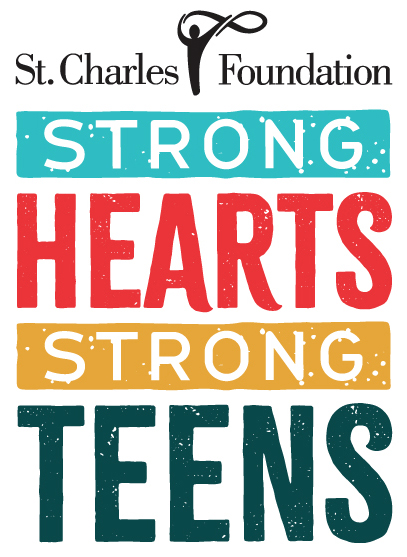In honor of Veterans Day, we wanted to take a moment to salute and offer thanks to our caregivers and their loved ones who have served in the Armed Forces. St. Charles caregivers shared the following information about their service or honoring a loved one who served. We appreciate you all!
Johanna Peterson, Air Force, 1996-2008
Johanna Peterson, a physician assistant for St. Charles Gastroenterology, served as an airman working as a paramedic and aerospace medical technician.
Thank you for your service, Johanna!
Emory Souza, U.S. Coast Guard
Emory Souza, public safety officer for St. Charles, served in the U.S. Coast Guard for seven years and shared this about his experience:
I entered the Coast Guard in 1974 and after basic training was assigned to the USCGC Red Birch, a 157' buoy tender stationed at Yerba Buena Island, San Francisco. I later attended "A" school for Storekeeper and then to Coast Guard Island in Alameda, Calif. From there, I went to Coast Guard District 12 Headquarters in San Francisco. My final duty assignment was the USCGC Morgenthau, a 378' high endurance cutter. I patrolled the waters of Alaska as a law enforcement boarding officer aboard the Morgenthau. The Coast Guard is a great humanitarian service.
Thank you for your service, Emory!
Garrett Van Brenk, Army, 2006-2012
St. Charles caregiver Lindsey Van Brenk shared the following about her husband, who served in the Army: Garrett served in the Washington Army National Guard's 81st Heavy Brigade as a Combat Engineer and was deployed to Iraq from 2008-2009.
Thank you for your service, Garrett!
John Weierich, Navy, 1994-2014
St. Charles caregiver Nicole Hayford shared the following about her husband, who served in the Navy: I would like to honor my husband, a proud U.S. Navy Veteran who served for 20 years as a Nuclear Machinist Mate. During his two decades of service, he embodied the Navy’s core values of honor, courage, and commitment, values he continues to carry into his life today. Now a devoted stay-at-home dad to our two daughters, he is also pursuing his degree in Environmental Conservation at OSU and coaches our girls’ sports teams. His dedication to learning, leadership and service has seamlessly transitioned into his roles as a father and husband. He supports me in my work as a healthcare provider and in my volunteer efforts, showing the same steadfast dependability he demonstrated throughout his military career.
We are incredibly proud of him, both for his service to our country and for the love, integrity, and strength he brings to our family every day.
Thank you for your service, John!
Keri Worley, Marine Corps, 2005-2013
Keri Worley, a respiratory therapist in Bend, served in the Marine Corps for eight years and shared this about her experience:
I wasn't sure what I would do after I graduated high school. My sister had joined the Marine Corps a year earlier and while we were at her boot camp graduation, I saw my dad cry for the first time. When he told her he was proud of her I knew what I wanted to do. So out of high school I joined the Marine Corps. I wanted to make my family proud. I spent eight years in the Corps, did one combat tour to Afghanistan in 2010 and multiple humanitarian missions while I was in. Looking back on it, I would have to say it was the best decision I have ever made in life, and I wouldn't change it for the world. It made me a better person, and it made me appreciate all the things that a lot of Americans take for granted. I think everyone should experience it. It makes you disciplined and gives you a sense of responsibility because it's not just you you're looking out for – it’s the guy next to you who wants to go home to his family just like you do.
Thank you for your service, Keri!


